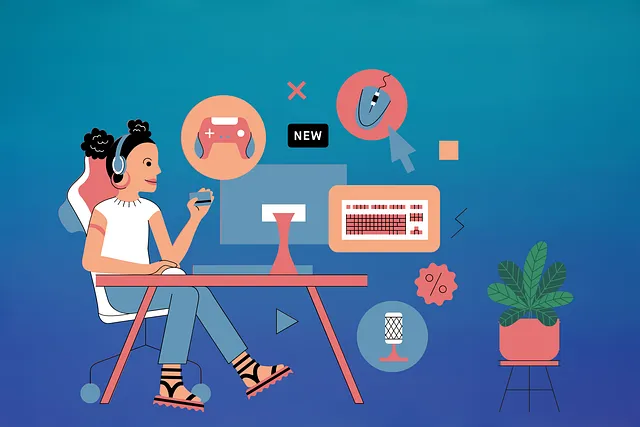Private Internet Access (PIA) is a vital tool for medical researchers globally, offering robust encryption and secure connections to protect sensitive data interactions from unauthorized access while bypassing network issues. Even in public Wi-Fi, PIA's additional layer of encryption prevents interception, fostering a secure digital environment for international collaboration and access to restricted content without revealing IP addresses or locations.
“In today’s digital landscape, IT professionals face a delicate balance between ensuring data security and providing seamless access. Anonymizing browsers emerge as a powerful tool, offering both privacy and protection for sensitive information. This article explores the significance of private internet access for medical researchers worldwide, delving into effective anonymization techniques and their impact on global collaboration.
We’ll navigate the key sections: benefits, best practices, tools (like Private Internet Access), and real-world applications, providing a comprehensive guide for IT pros.”

For IT professionals, ensuring data privacy and security is paramount, especially when dealing with sensitive information like that of medical researchers worldwide. Anonymizing browsing activity is a critical step to protect the identity and location of users while conducting research or accessing resources online. One effective tool for this purpose is Private Internet Access (PIA), a VPN service known for its robust encryption and global server network.
Using PIA, professionals can seamlessly connect to the internet anonymously, masking their IP addresses and geographical locations. This is particularly beneficial for medical researchers who need to access restricted content or collaborate with international counterparts without leaving digital footprints that could compromise privacy. With PIA’s advanced security features, IT experts can facilitate secure remote work, data sharing, and communication, ensuring that sensitive research data remains protected from prying eyes.
API responded with status code 524.

When IT professionals seek to protect their digital footprint and maintain privacy, especially while working with sensitive data like medical research, Private Internet Access (PIA) stands out as a reliable solution. PIA offers robust encryption and secure connections, ensuring that API interactions are protected from prying eyes.
A common issue faced is when an API responds with a 524 status code, indicating a timeout error. This can occur due to network congestion or server overload. However, by utilizing PIA’s global network of servers, medical researchers worldwide can bypass such bottlenecks and ensure their data exchange remains uninterrupted. The additional layer of encryption provided by PIA safeguards against potential interception, even in public Wi-Fi networks.
For IT professionals and medical researchers worldwide, ensuring privacy and anonymity online is paramount. By leveraging tools like Private Internet Access (PIA), which offers robust encryption and anonymous browsing capabilities, individuals can protect their digital footprint and maintain the confidentiality of sensitive data. This is especially crucial when navigating public networks or conducting research that involves personal health information. With PIA, professionals can confidently browse the web privately, knowing their activities are shielded from prying eyes.
